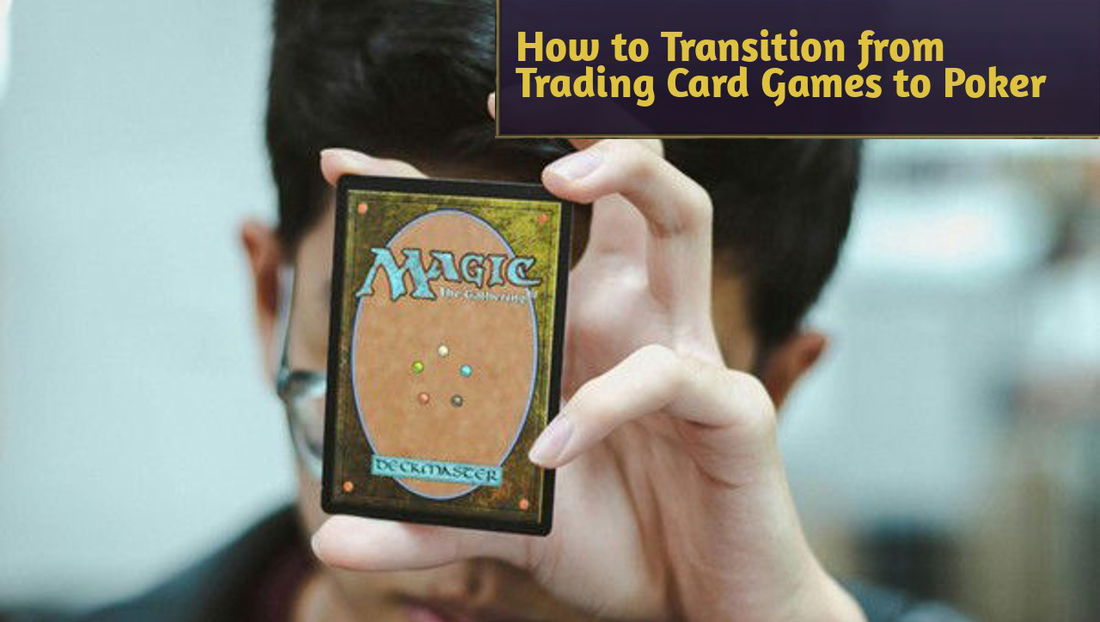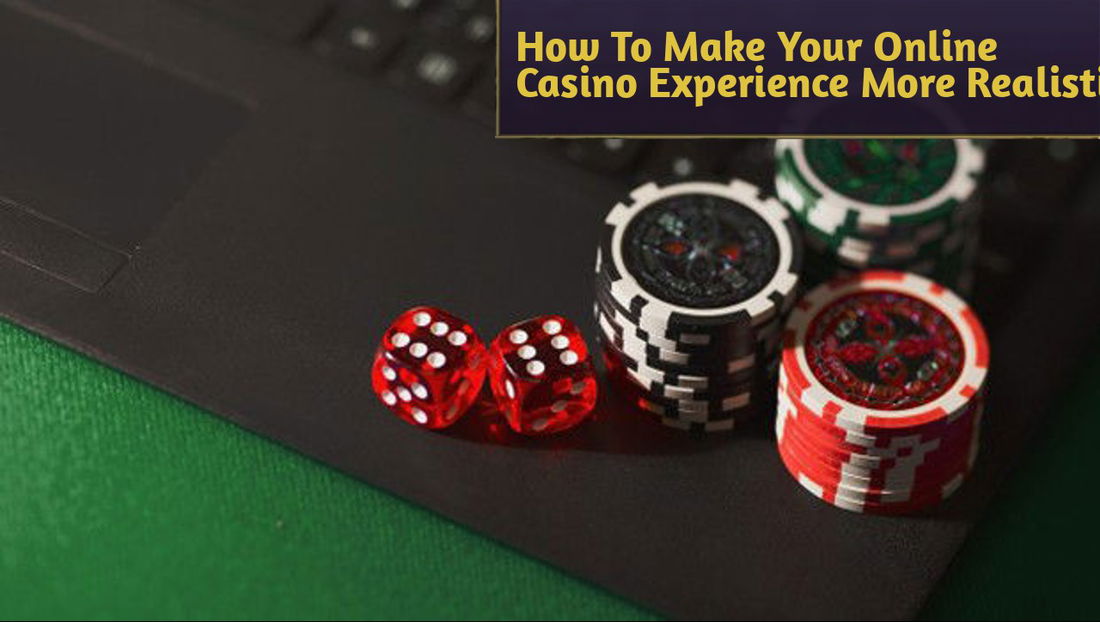If you’re a trading card game (TCG) player—whether you’re slinging spells in Magic: The Gathering, battling with Pokémon, or summoning in Yu-Gi-Oh! —you are already familiar with weighing risks against rewards.
Every deck build, every card you play should be calculated, and one mistake can allow your opponent to win. As you probably know, every card comes with its own advantages and disadvantages that are specifically designed to be used in a particular scenario.
This is a mind game, and what makes it interesting is that even the best card in your hand can come with disadvantages, so you'd better start calculating the risk. When it comes to risk management, there is no better place than turning to casino games.
After all, casino games are specifically designed for you to balance the risk and reward, and it turns out that TCG players can learn a lot from the process. So, let’s shuffle the decks and find out what TCG players can learn from casino apps.
Probability
The first and probably most important thing you need to master as a TCG player is calculating the odds and probability. How big are the odds of you drawing that game-winning card, or is your opponent holding a trap?
Casino apps are built on this mindset. Let’s take poker or roulette, which are basically like solving a math problem. What are your chances of getting a flush or the number dropping to zero? Each probability in a casino game can be calculated, and the same goes for TCG games.
You get a bunch of cards, where you divide the number of cards you need by the total number of cards, just to get a probability or your chance of getting that card. In other words, you divide the number of desired “favorable” outcomes by all outcomes that could happen.
Ad
Bankroll Management
Although TCG games usually don’t involve money, TCG players know the pain of overspending - there are $50 booster boxes, $100 for rare cards, and so on, just to build that ultimate deck.
On the other hand, casino apps are all about money and bankroll management. You enter a gambling session with a budget, and your job is to get the most out of it.
So, going all in 5 minutes after joining your poker session isn’t necessarily a good idea. Yes, you can win big, but the risk is too big, and it only takes one mistake.
Blow your stack chasing a slot jackpot, and you’re done. Sound familiar? It’s like splashing your whole collection budget on a single Charizard, which, depending on the collection, can be worth thousands of dollars, and having nothing left for sleeves. So, make sure you have the correct deck-building strategy, and do not blast all your money on one ultra-rare and powerful card while the other cards in the deck are terrible. You’ll only demolish your winning chances and make it harder to win a battle.
If you want to try out casino games with real money just to learn some budgeting strategies, make sure to visit casinoapps.com.
Risk vs. Reward
Every TCG match is a tightrope walk—do you attack now or build your board? Casino apps are masters at teaching this balance. In slots, you might risk a bigger bet for a bonus round; in poker, you decide if a bluff is worth the chips. It’s all about sizing up the payoff against the cost, just like choosing whether to drop a Blue-Eyes White Dragon or save it for a combo.
Ad
Casino apps make you sharper at spotting these moments. TCG players can borrow this: don’t play your ace card unless the rewards worth the risk. Next time you’re staring down an opponent’s board, ask yourself, “What’s the poker move here?” It might save your life points.
Discipline
Ever built a killer deck, then thrown it out mid-match because you got impatient? Casino apps are a crash course in discipline. Good poker players stick to their strategy, folding bad hands even when the table’s hot. Apps like FanDuel reinforce this with tools like time alerts, nudging you to step back if you’re chasing losses. It’s a reminder: stay cool, don’t tilt.
For TCG players, this is gold. Whether you’re sideboarding in Magic or tweaking your Yu-Gi-Oh! deck, casino apps show that discipline—sticking to your game plan even when the board looks grim—can turn a loss into a comeback.
Emotional Control
TCGs can be an emotional rollercoaster—one bad draw, and you’re fuming. Casino apps, especially poker, teach you to keep your cool. A pro doesn’t flip out after a bad beat; they reset and focus on the next hand. Apps often use AI to spot tilt—betting too fast after a loss—and suggest a break, helping players stay level-headed.
This is huge for TCG players, where tilting can tank a match. Try it: next time you brick a draw, take a breath, poker-style, and play the board you’ve got. That calm can be the edge that flips the game.
As you can see, casino games are quite similar to TCG games, especially when it comes to balancing risk and reward. So, did you learn something that you can implement in your next TCG battle?
Ad





— 코멘트
0첫 댓글을 남겨보세요